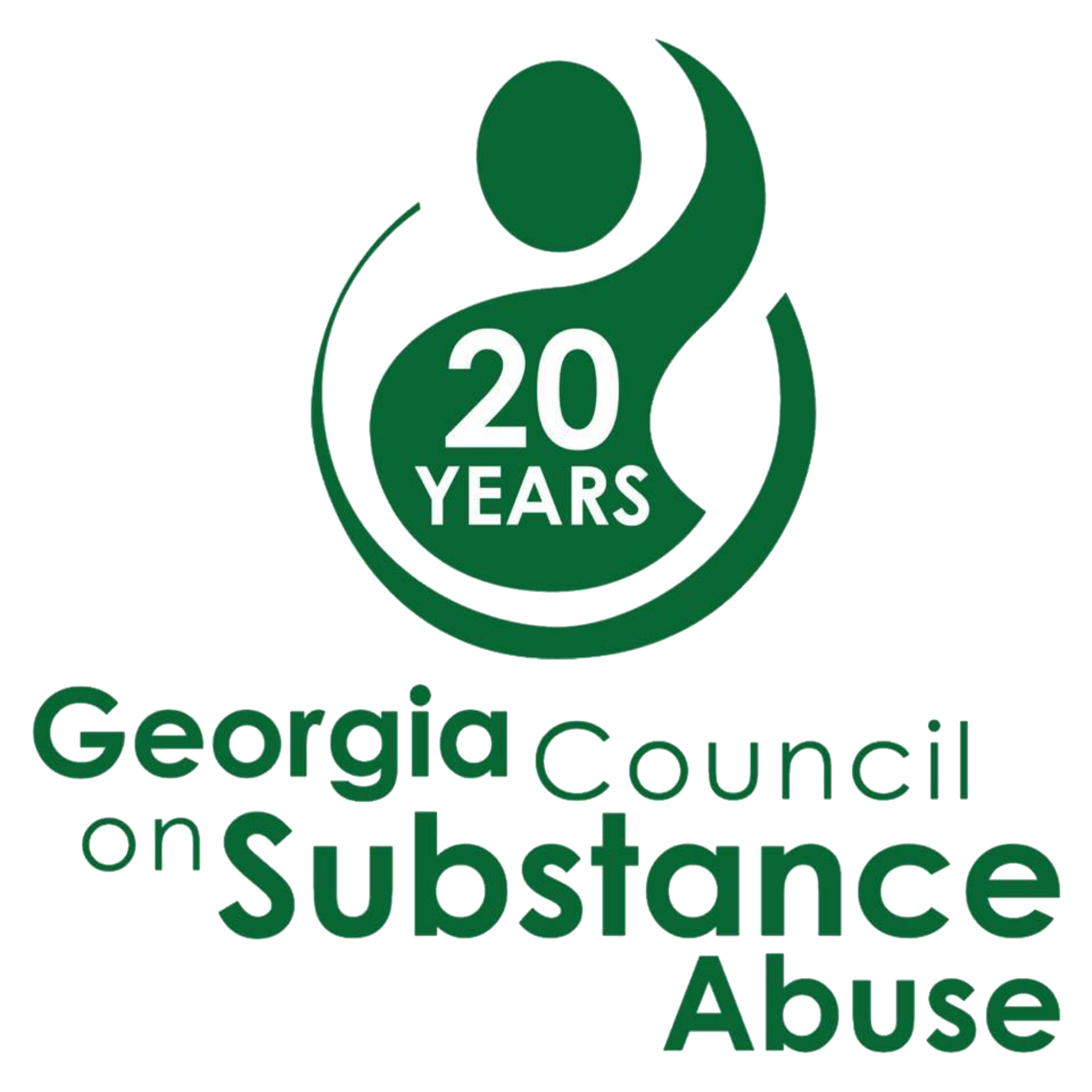State Budget: Death Star Like Blows to the Georgia Recovery Community
GCSAs Response to Early FY21 Budget Draft – “Unacceptable & Dangerous”
What we hear being proposed is beyond cuts, they are Death Star like blows to the Georgia recovery community which will cost lives, increase crime, hurt families, weaken the workforce and threaten jobs.
People say that all parts of the state budget are equal and all must be cut. This is not true. If COVID-19 has shown Georgia anything, it is the importance of funding all medical issues, especially in the middle of a pandemic.
Substance use disorders (SUDs) and mental illness are as vital and essential to the health and wellbeing of people in Georgia as any and every other medical issue. Funding in the state budget must support not just treatment programs but also the essential peer-led programs for addiction recovery now more than ever.
As we move deeper into the COVID-19 national emergency, secondary medical issues begin to manifest themselves. Isolation is the number one factor that negatively impacts recovery from addiction and mental illness. Combined with stress, anxiety, and uncertainty, it is essential Georgia address the inevitable mental illness and SUD/recovery issues which will grow exponentially as a result of the current pandemic.
There is already an epidemic in Georgia – we are losing four Georgians a day to the disease of addiction – the life-saving support system in Georgia is already underfunded.
The state economist testified before the General Assembly that alcohol sales are up around 55% – alcohol is the number one cause of emergency room admissions – peer recovery support is essential to the process of what is already occurring as the real world reality of addiction and relapse occurs – a fact established by the Kemp administration.
Only one out of 10 people get the treatment they need for addiction – these proposed Death Star-style cuts and eliminations not only makes this statistic worse, they will have a devastating effect on real people, individuals, families and communities all across Georgia.
Cutting peer-led recovery support services will have a dangerous impact on local communities across Georgia. Recovery community organizations currently work with local Sheriffs and Police Departments, local small businesses, local religious leaders, and local healthcare officials. People get services which keep them out of jail, out of hospital emergency rooms, while working and paying taxes. Eliminating these transformational recovery community organizations will wreak havoc in towns and cities across Georgia.
Georgia has the 8th highest infant mortality rate in the nation. Eliminating services and supports to this high-risk, vulnerable population is not a pro-life position. Programs that support mothers and babies should be enhanced, not eliminated. The proposal to eliminate the fetal alcohol syndrome program is short-sighted. Removing funding today will negatively impact long term benefits of research and treatment. If COVID-19 has taught Georgia anything, it is that data is important for doctors and scientists to treat people and save lives.
Cutting medication assisted treatment services for the uninsured, which is an evidence based practice that saves lives and tax-payers dollars, means there are no alternatives and people will return to active addiction and, in many cases, they will die.
Proposed cuts for drug treatment courts in Atlanta, Albany, and Athens as well as Chatham, Carroll, Fulton, DeKalb, and Glynn counties. Ask any sheriff, judge, or police chief if they think this cut saves tax-payer dollars. The short term administrative savings will pale in comparison to the rise in crime and costs in hospital emergency rooms as a result of this misguided and heartless proposal.
There is a proposal to eliminate the Hep-C project in Georgia. Currently, Georgia funds rapid testing for Hep-C. Hep-C is a communicable disease with lifetime health consequences and, most importantly, there is a cure. These cuts eliminate this proven scientific safety net for the people of Georgia putting entire communities at risk. The opposite of addiction is human connection.
The longer people are isolated, the greater the possibility of return to use, and new instances of addiction are possible. We understand the reality of the state budget, we do not accept that all programs are equal in the middle of a health care crisis. Cutting essential medical programs, especially those that are peer led, in the middle of COVID-19 are reckless and dangerous.
There are over 800,000 people across Georgia in recovery from addiction, who can attest to the benefits of the types of services and supports that are apparently on the chopping block. These proposed cuts and eliminations are simply unacceptable to the Georgia recovery community.
For Additional Information: Jeff Breedlove 404-615-5735

